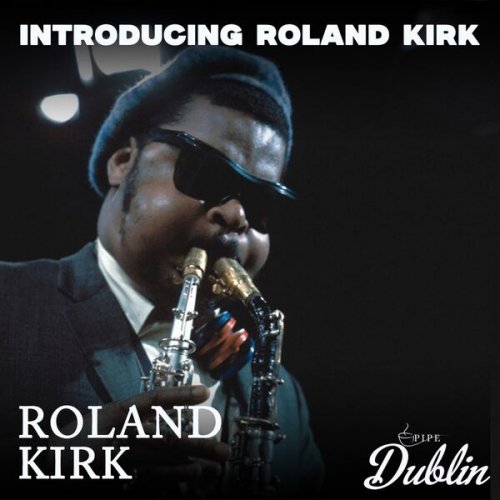Tom Higgins - Elgar: The Fringes of the Fleet (2014)
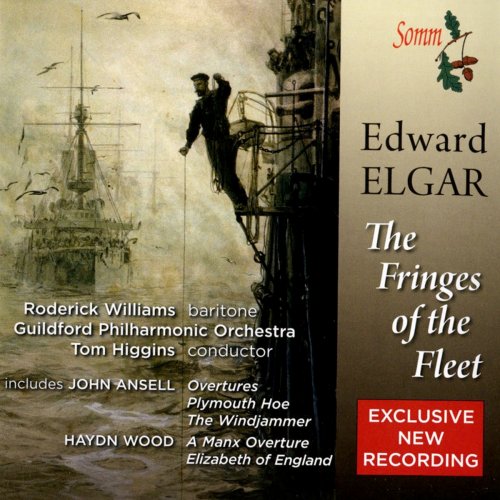
Artist: Tom Higgins, Guildford Philharmonic Chamber Orchestra, Laurence Meikle, Nicholas Lester, Roderick Williams
Title: Elgar: The Fringes of the Fleet
Year Of Release: 2014
Label: SOMM Recordings
Genre: Classical
Quality: FLAC (tracks+booklet)
Total Time: 61:17 min
Total Size: 260 MB
WebSite: Album Preview
Tracklist:Title: Elgar: The Fringes of the Fleet
Year Of Release: 2014
Label: SOMM Recordings
Genre: Classical
Quality: FLAC (tracks+booklet)
Total Time: 61:17 min
Total Size: 260 MB
WebSite: Album Preview
01. Plymouth Hoe
02. No. 1. The Lowestoft Boat
03. No. 2. Fate's Discourtesy
04. No. 3. Submarines
05. No. 4. The Sweepers
06. No. 5. Inside the Bar
07. Big Steamers (arr. T. Higgins for vocal ensemble)
08. No. 1. The soldier
09. No. 2. Blow out, you bugles
10. Elegy, Op. 58
11. A Manx Overture
12. Big Steamers (arr. T. Higgins for orchestra)
13. The Windjammer
14. Elizabeth of England
Elgar’s The Fringes of the Fleet – a patriotic song-cycle with words by the writer Rudyard Kipling – was the morale-raising headline act in variety theatres up and down the country, as World War One reached its climax in 1917. Premiered on 11 June 1917 at the London Coliseum, and conducted throughout its run by Elgar himself, the work was seen in a staging by four baritones appearing in fishermen’s costumes outside a pub. The four initial songs – ‘The Lowestoft Boat’, ‘Fate’s Discourtesy’, ‘Submarines’ and ‘The Sweepers’ – proved so popular that two weeks after the premiere, Elgar added a fifth, unaccompanied song, ‘Inside the Bar‘, with words by Sir Gilbert Parker.
The work immediately went on tour to theatres and music halls up and down the country – always with Elgar, battling illness, at the helm. The overwhelming success of The Fringes of the Fleet wherever it was seen throughout 1917 was only halted when Kipling, emotionally crippled by the death at the Front of his only son, decided he did not want his poetry used to glorify war, as he saw it, and – to Elgar’s dismay – forbade further performances. After a further run at London’s Palace Theatre in 1918, the work effectively disappeared.
The work immediately went on tour to theatres and music halls up and down the country – always with Elgar, battling illness, at the helm. The overwhelming success of The Fringes of the Fleet wherever it was seen throughout 1917 was only halted when Kipling, emotionally crippled by the death at the Front of his only son, decided he did not want his poetry used to glorify war, as he saw it, and – to Elgar’s dismay – forbade further performances. After a further run at London’s Palace Theatre in 1918, the work effectively disappeared.
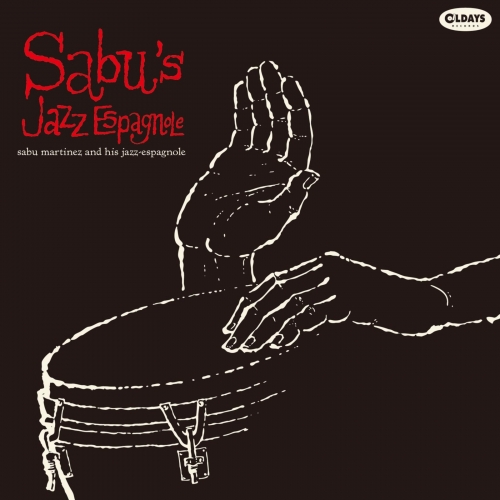
![Oscar Peterson - The Sound Of The Trio (1961) [Vinyl 24-96] Oscar Peterson - The Sound Of The Trio (1961) [Vinyl 24-96]](https://www.dibpic.com/uploads/posts/2020-04/1587651652_613i2fde8wl__ss500_.jpg)
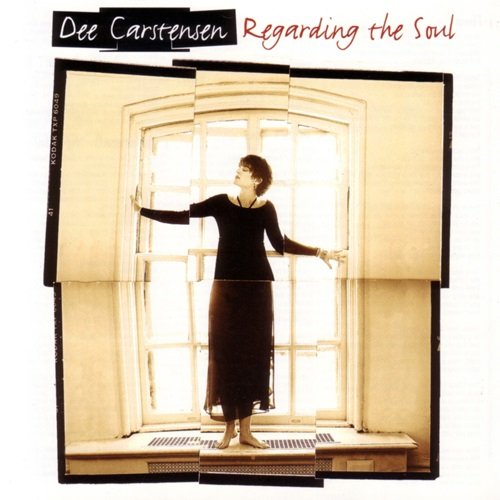
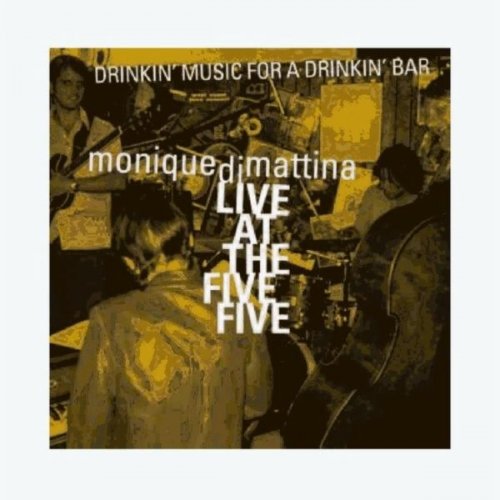

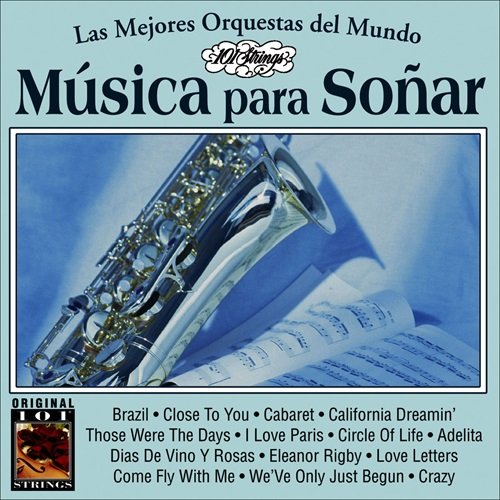

![Future Backup, Volker Heuken, Lukas Grossmann, Johannes Koch - Golden (2026) [Hi-Res] Future Backup, Volker Heuken, Lukas Grossmann, Johannes Koch - Golden (2026) [Hi-Res]](https://www.dibpic.com/uploads/posts/2026-02/1770729046_folder.jpg)
